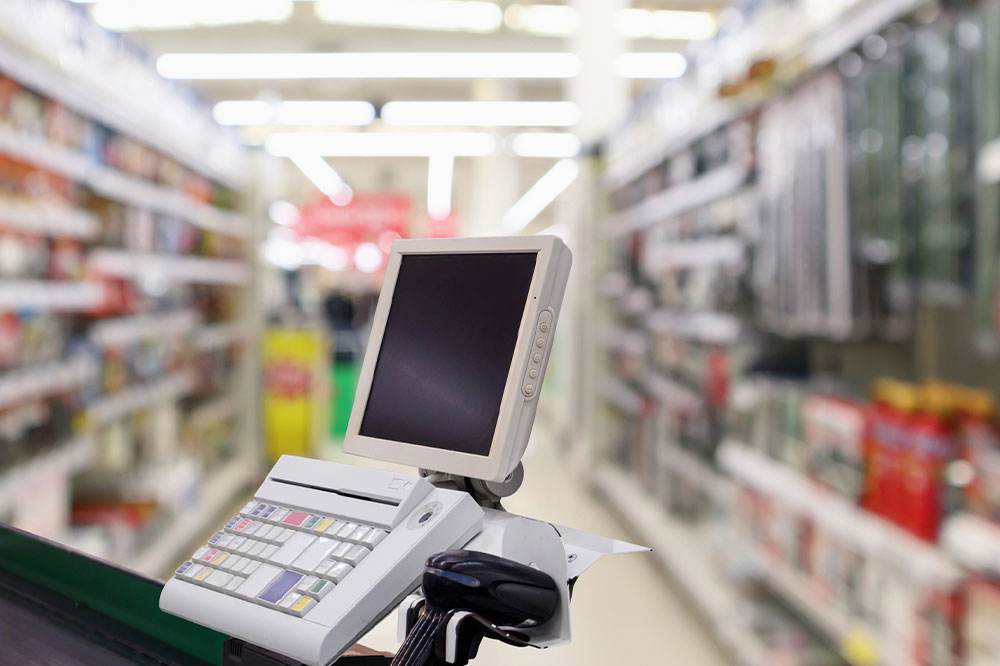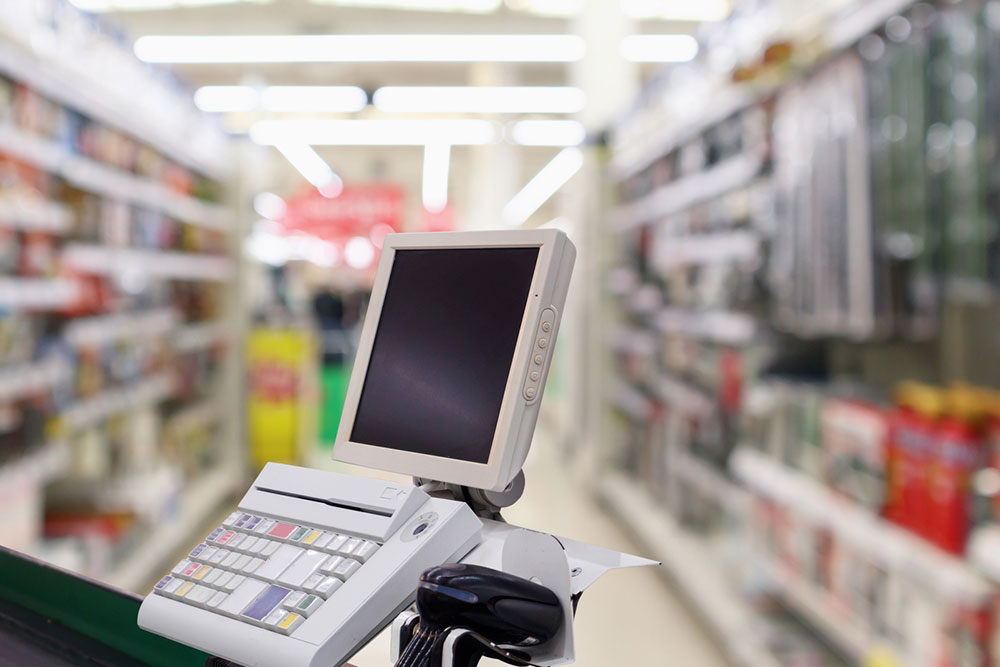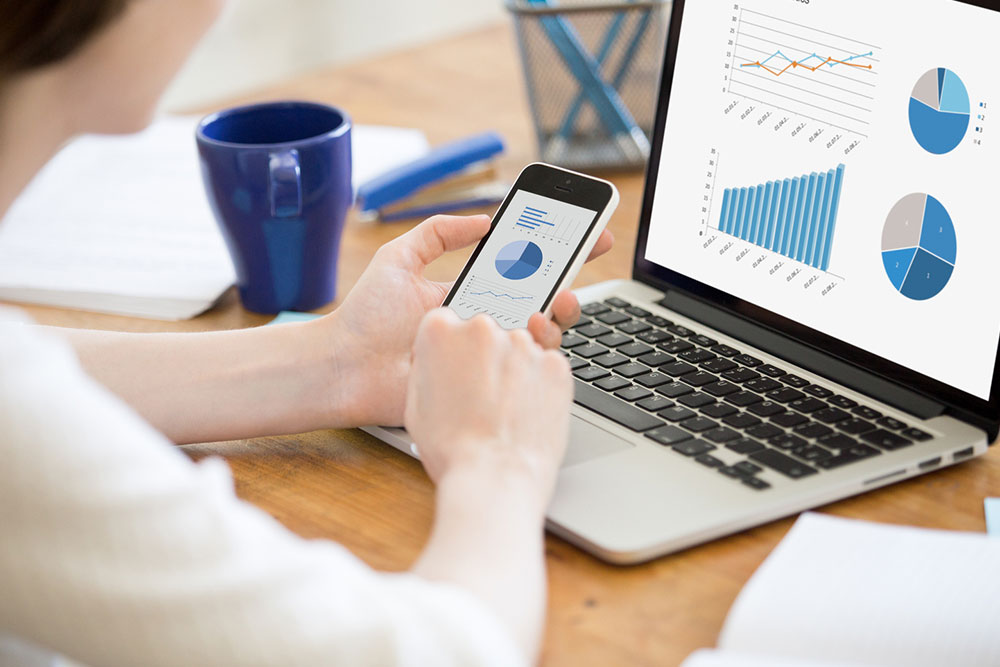9 best POS systems for small businesses

A POS (point-of-sale) system is used in retail stores to manage transactions. Earlier, POS systems were fairly simple and would generally only include cash registers. However, with the advancement of technology, these systems now also include a combination of hardware and software, such as barcode scanners, card readers, cash drawers, and receipt printers. Some simple POS systems can include as little as a credit card scanner connected to a tablet.
What does a POS system do?
Scans items with ease
When a customer decides to make a purchase at a physical store, a POS system can assist in completing the transaction. This may occur via a sales associate who uses a barcode scanner to look up the item’s price or using a scanner via your phone camera. When shopping online, adding items to the cart initiates the purchase process.
Calculates the price of the item
The POS also calculates the final price of the item, including any discounts, offers, or taxes to be added. It then digitally updates your inventory to mark the item as sold.
Allows multiple payment options
Next, it is time to make the payment. Depending on the POS used, customers can use their credit card, tap card, debit card, loyalty points, gift card, or cash to pay.







